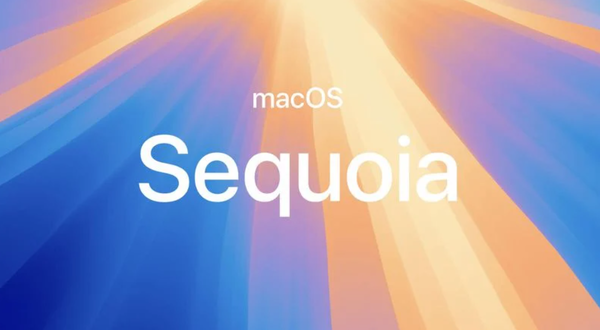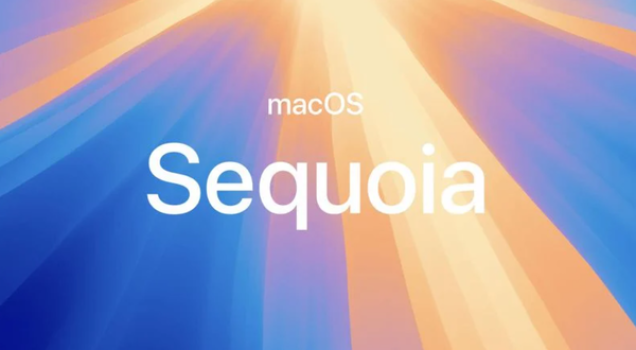On September 9, Tinydeal learned that according to the latest news from foreign media, Apple’s upcoming macOS Sequoia is expected to be the earliest new version of macOS released in more than ten years, and the release time is expected to be as early as this week.

Looking back at the major update dates of macOS in recent years, its release times are mostly concentrated in late autumn to early winter, as follows:
- OS X 10.9 (Mavericks): October 22, 2013
- OS X 10.10 (Yosemite): October 16, 2014
- OS X 10.11 (El Capitan): September 30, 2015
- macOS 10.12 (Sierra): September 20, 2016
- macOS 10.13 (High Sierra): September 25, 2017
- macOS 10.14 (Mojave): September 24, 2018
- macOS 10.15 (Catalina): October 7, 2019
- macOS 11.0 (Big Sur): November 12, 2020
- macOS 12.0 (Monterey): October 25, 2021
- macOS 13.0 (Ventura): October 24, 2022
- macOS 14.0 (Sonoma): September 26, 2023
If macOS Sequoia is released as scheduled in mid-September, it will be the earliest macOS release since OS X 10.8 (Mountain Lion) on July 25, 2012.
In the past, new iOS versions were typically launched at least a week before macOS updates. However, the time difference between the two isn’t fixed. Sometimes, there can be several months between releases, like with iOS 14 and macOS Big Sur in 2020. The gap then was nearly two months.
This year, with the iPhone 16 series scheduled for September 20, iOS 18 is expected to be released earlier. As a result, macOS Sequoia could be released closer to iOS 18 or even simultaneously.
Apple is expected to reveal further details about the release of iOS 18 and macOS Sequoia at the event on September 10. The event will also unveil the iPhone 16 series, the new Apple Watch, and fourth-generation AirPods.







